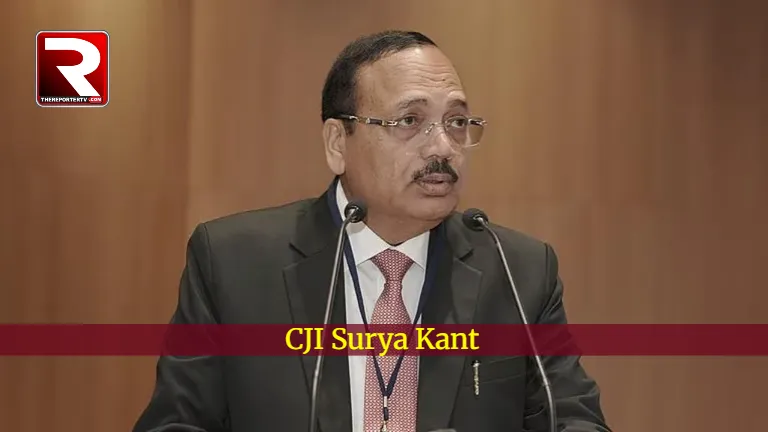New Delhi — In a major diplomatic development, the Government of India has officially informed Pakistan that the Indus Waters Treaty (IWT) of 1960 will be held in abeyance with immediate effect. The move, described by officials as “historic but necessary,” comes amid heightened tensions following the Pahalgam terror attack and what India calls Pakistan’s continued intransigence on cross-border terrorism and treaty obligations.
In a formal letter addressed to Syed Ali Murtaza, Secretary of Pakistan’s Ministry of Water Resources, India’s Union Minister of Water Resources cited fundamental changes in circumstances and growing national security concerns as the basis for the suspension. The letter invoked Article XII (3) of the treaty, which permits modification of the agreement under mutual consent, though India has acted unilaterally in this instance citing Pakistan’s failure to engage.
“These changes include significantly altered population demographics, the need to accelerate the development of clean energy, and other shifts in the assumptions that underpinned the original agreement,” the communication noted, framing the decision within the evolving realities of regional water needs and developmental priorities.
The letter also underscored India’s frustration over what it described as Pakistan’s repeated violations of the treaty’s spirit and letter. “Sustained cross-border terrorism by Pakistan targeting the Indian Union Territory of Jammu and Kashmir constitutes a fundamental breach of the principle of good faith that underlies all international agreements,” the letter said.
It further accused Islamabad of refusing to participate in negotiations and dispute resolution mechanisms as laid out in the treaty, including consistent delays in cooperative dialogue over project-level concerns in the Indus basin.
“In light of these developments, the Government of India has decided that the Indus Waters Treaty 1960 will be held in abeyance with immediate effect,” the letter concluded.
Strategic Implications
Signed in 1960 with World Bank mediation, the Indus Waters Treaty allocated control over the eastern rivers (Ravi, Beas, Sutlej) to India and the western rivers (Indus, Jhelum, Chenab) to Pakistan, while allowing India limited use of the western rivers for non-consumptive purposes like hydropower generation. The treaty has survived multiple wars and decades of tension, often hailed as a rare success in India-Pakistan relations.
Analysts view the suspension as a sign of India’s shifting posture from strategic restraint to assertive engagement, especially following the terror attack in Pahalgam that killed 26 civilians. It is the first time since the treaty’s inception that India has opted to pause its implementation.
Pakistan has not yet issued an official response, though diplomatic observers expect Islamabad to challenge the move in international forums, possibly involving the World Bank, which acts as a neutral arbiter in treaty disputes.












